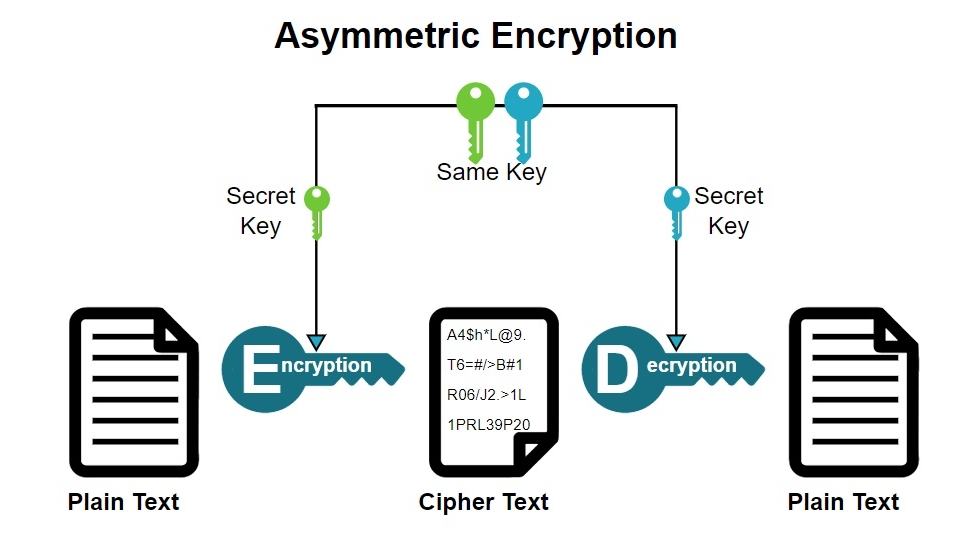Understanding Blockchain and Cryptography
The advent of the digital age has brought about a myriad of advancements, and with it, the need for more robust security measures to safeguard sensitive information. Blockchain technology, with its decentralized nature, has emerged as a revolutionary force in transforming data security practices. The role of cryptography in ensuring secure transactions and data storage is a core component of this technology.
Securing Cloud Computing with Blockchain
One of the most significant challenges in today’s digital landscape is securing cloud computing. As per a paper published on Springer, a method has been proposed for cloud data security using hybrid encryption with Blockchain Technology (BCT). This decentralized consortium traceable anonymous cloud data storage and sharing system focuses on fine-grained access control of outsourced data, using an upgraded proxy re-encryption with the RSA algorithm.
Blockchain technology can enhance the security of cloud computing through cryptographic techniques. By encrypting data and storing it on the Ethereum blockchain, clients can quickly ascertain whether their data has been tampered with before the cloud service provider becomes aware of potential security breaches. A cloud-assisted protocol based on elliptical curve cryptography (ECC) and blockchain consortium can provide privacy preservation and security. This protocol combines multiple cryptographic methods to balance the trade-off between privacy and security, ensuring user information is safeguarded from unauthorized use or access.
Blockchain, Machine Learning, and Data-Driven Decision Making
Blockchain’s potential extends far beyond data security. By integrating blockchain and machine learning, industries such as finance, medicine, supply chain, and security can reap significant benefits. Blockchain’s decentralized and immutable digital ledger aims at recording transactions securely and efficiently. This technology’s core concept is distinct from traditional databases and emphasizes safeguarding data integrity through its decentralized nature and consensus mechanisms.
The Fusion of Blockchain and Digital Identity
The integration of blockchain and digital identity plays a crucial role in ensuring privacy and security in the digital landscape. Digital identity and blockchain together can provide a secure and reliable method of verifying identities, thus overcoming the challenges of security in digital transactions. Companies like MyNEO Group and NEO Zentech are pioneers in crafting state-of-the-art FinTech and crypto solutions, leveraging the power of blockchain and digital identity.
The Role of Cryptography in Data Encryption
Cryptography is an essential aspect of data security. By understanding the basics of symmetric and asymmetric encryption, organizations can debunk myths about the unbreakability of cryptography. The importance of key management in data security cannot be overstated, and real-world applications of data encryption in finance, healthcare, and e-commerce highlight the importance of cryptography in maintaining data integrity.
In conclusion, the potential of blockchain technology combined with cryptography to transform data security practices is immense. As we continue to advance in the digital age, the need for robust security measures will only increase. By understanding and implementing these technologies, we can ensure the security of our data and the integrity of our digital transactions.
Tags: Blockchain, Crypto News, Insights
